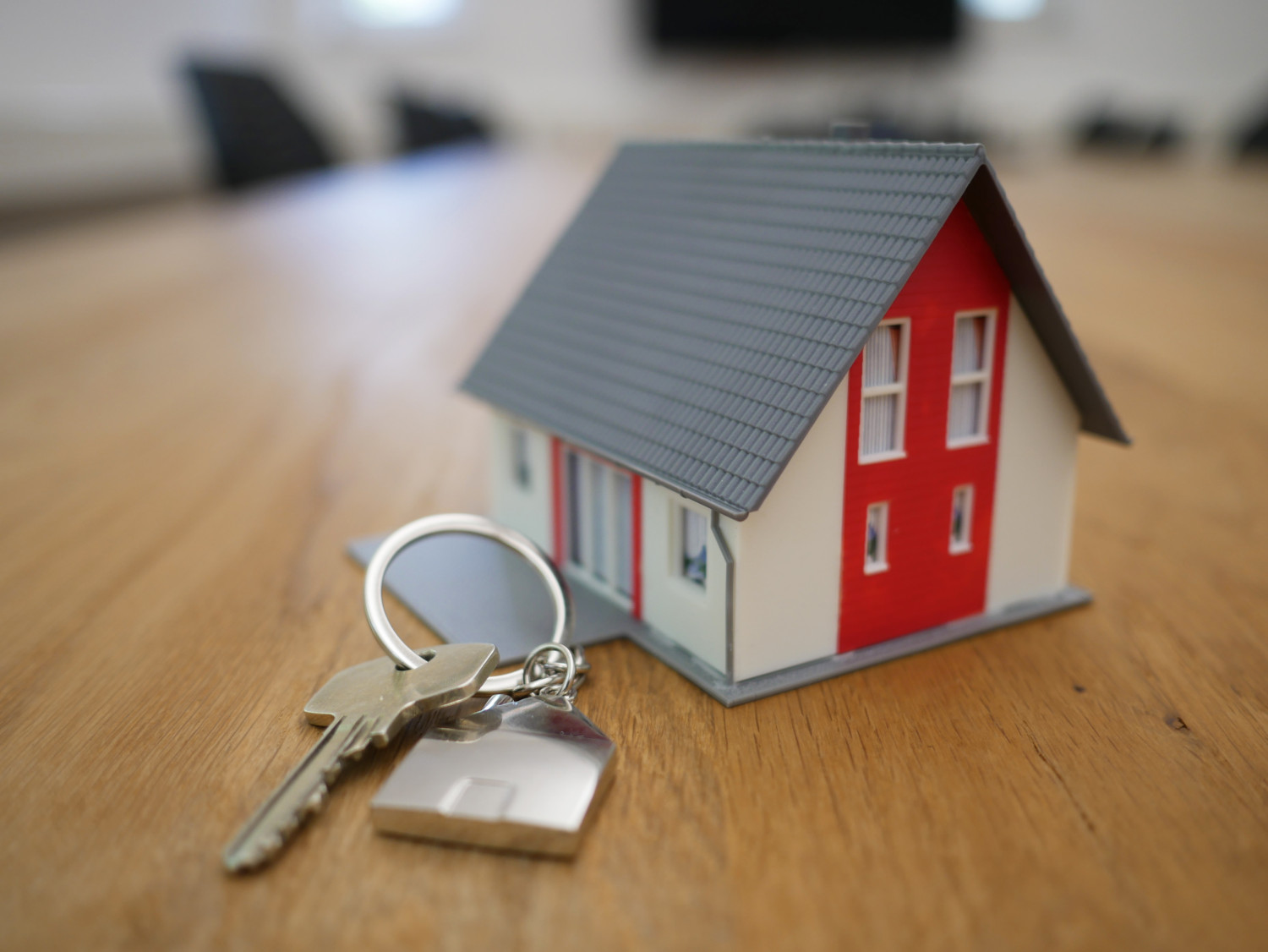
Top 10 Tips Every First-Time Homebuyer Needs to Know
1.Determine Your Budget
One of the first things you need to do before embarking on
your home-buying journey is to determine your budget. You don't want to fall in
love with a home that is beyond your means, so it's essential to establish a
realistic budget. This means taking into account your income, savings, and
current debts. You can use an online mortgage calculator to get a rough
estimate of how much you can afford.
2.Get Pre-Approved
for a Mortgage
Once you have a clear understanding of your budget, the next
step is to get pre-approved for a mortgage. This will give you a clear idea of
how much you can borrow and help you narrow down your search for homes that fit
within your budget. You can approach a bank or mortgage lender to get
pre-approved for a mortgage. It's important to note that pre-approval doesn't
guarantee you a mortgage, but it's a good indicator that you're eligible for
one.
3.Work with a
Reputable Real Estate Agent
Buying a home is a significant investment, and it's
essential to work with a reputable real estate agent who can guide you through
the process. A good agent will have a deep understanding of the local market
and can help you find homes that fit your criteria. They will also negotiate on
your behalf and ensure that you get the best deal possible. Do your research
and find an agent who has experience working with first-time homebuyers and who
comes highly recommended.
4.Consider The Location
Location is one of the most critical factors to consider
when buying a home. You want to choose a safe neighbourhood, that has good
schools and is conveniently located near amenities such as shops, restaurants,
and public transportation. Consider your lifestyle and choose a location that
fits your needs. For example, if you enjoy the outdoors, you may want to choose
a location near parks or trails.
5.Don't be Afraid to
Ask Questions
As a first-time homebuyer, it's normal to have questions and
concerns about the home-buying process. Don't be afraid to ask your real estate
agent, mortgage lender, or home inspector any questions you may have. It's
essential to have a clear understanding of the process and what to expect. You
should also ask questions about the property itself, such as the age of the
roof, the condition of the HVAC system, and any recent repairs or renovations.
6.Get a Home Inspection
Before buying a home, it's crucial to get a home inspection.
A home inspection can identify any potential problems with the property, such
as structural issues, water damage, or mold. A professional home inspector will
provide you with a detailed report of their findings, which can help you make
an informed decision about whether or not to proceed with the purchase. It's
important to note that a home inspection is not a guarantee that there are no
issues with the property, but it can help identify potential problems.
7.Don't Overlook
Closing Costs
When buying a home, it's essential to factor in closing
costs. Closing costs can include fees for the mortgage, title search, and
appraisal, among others. Closing costs can add up quickly, so it's important to
budget for them. Your real estate agent or mortgage lender can provide you with
an estimate of how much you can expect to pay in closing costs.
8.Don't Rush into a Decision
Buying a home is a significant decision, and it's important
not to rush into it. Take your time to carefully consider each property you're
interested in and don't be afraid to walk away if it's not the right fit. It's
also important to remember that the home-buying process can take time, and it's
not uncommon for it to take several months to find the perfect home.
9.Factor in Future Expenses
When buying a home, it's important to factor in future
expenses such as maintenance and repairs. Homeownership comes with additional
costs that you may not have considered, such as property taxes, homeowner's
insurance, and ongoing maintenance costs. Make sure you factor these into your
budget when considering how much you can afford.
10.Stay flexible
Finally, it is important to stay flexible when buying a
home. You may not find the perfect home that ticks all the boxes on your wish
list, but don't let that discourage you. Be willing to compromise on certain
features and consider the potential of a home rather than just its current
state. Remember that you can always make changes and renovations to a home over
time.
TESTIMONIALS
Don’t take our word for it. See what our past clients say.





